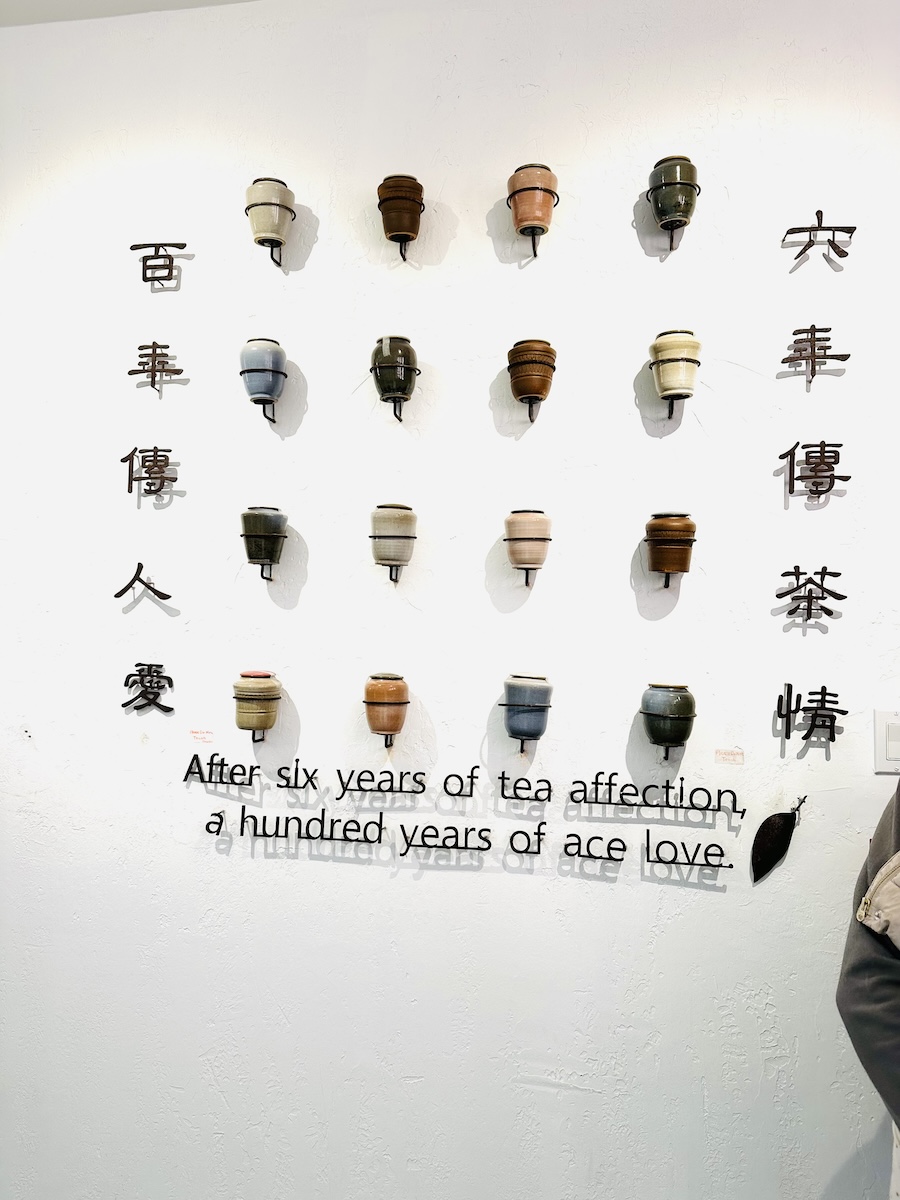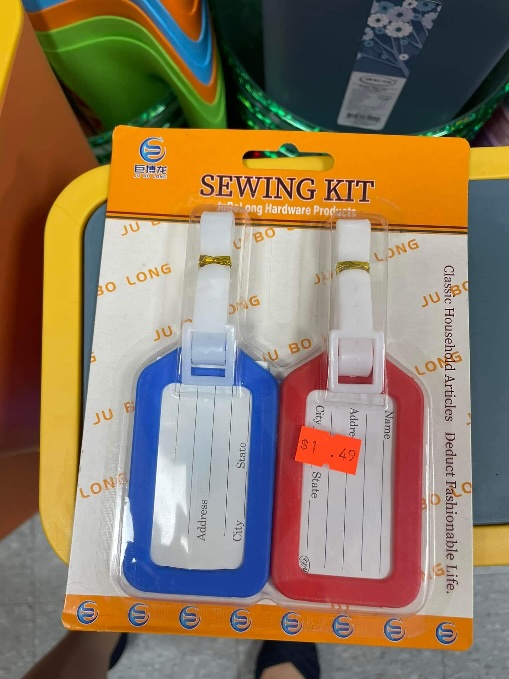First Soundings
by Martina Galatello
This is the first book-length palaeographic study of about a thousand fragments in Syriac and Sogdian languages discovered between 1902 and 1914 in the Turfan area on the ancient Northern Silk Roads. This manuscript material, probably dating between the late 8th and 13th /14th centuries, is of utmost relevance for the history of an area that represents a crossroads region of various communities, languages and religions, not least the East Syriac Christian community. Palaeographic factors such as form, modulus, ductus, contrast, spaces between letters and ligatures have been examined. Particularly significant is a peculiar ligature of the letters sade and nun. One important observation that emerges from this research is the almost total absence of monumental script in favour of mostly cursive forms, most of them East Syriac cursive forms. These represent a valuable source for the study of the history of the East Syriac script due to the paucity of earlier and contemporary East Syriac manuscript evidence from the Middle East, at least before the twelfth century. Moreover, this research sheds light on scribal habits that are highly relevant for a better comprehension of the Sogdian and Syriac-speaking Christian communities, for the history of writing between Late Antiquity and the Middle Ages, and for a greater understanding of the social context in which these and other communities in the same area read, wrote, and shared handwritten texts.
This study is part of the FWF stand-alone project "Scribal Habits. A case study from Christian Medieval Central Asia" (PI Chiara Barbati) at the Institute of Iranian Studies of the Austrian Academy of Sciences.
Read the rest of this entry »

